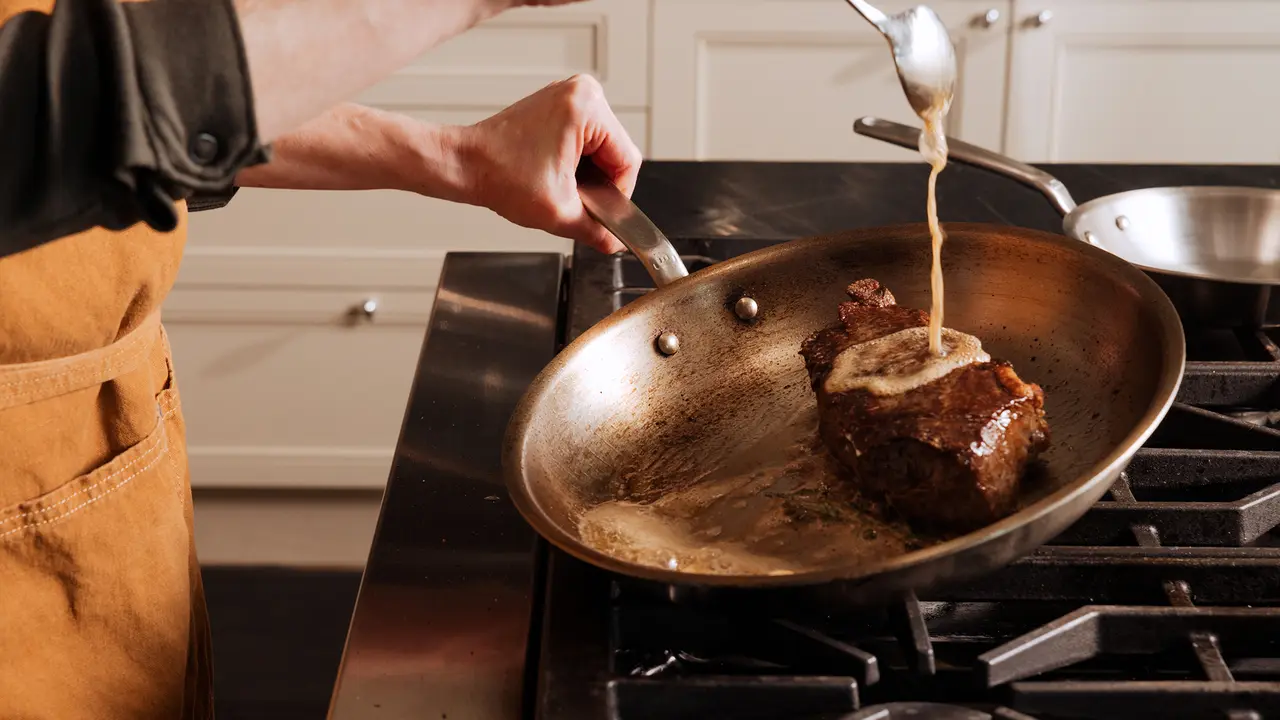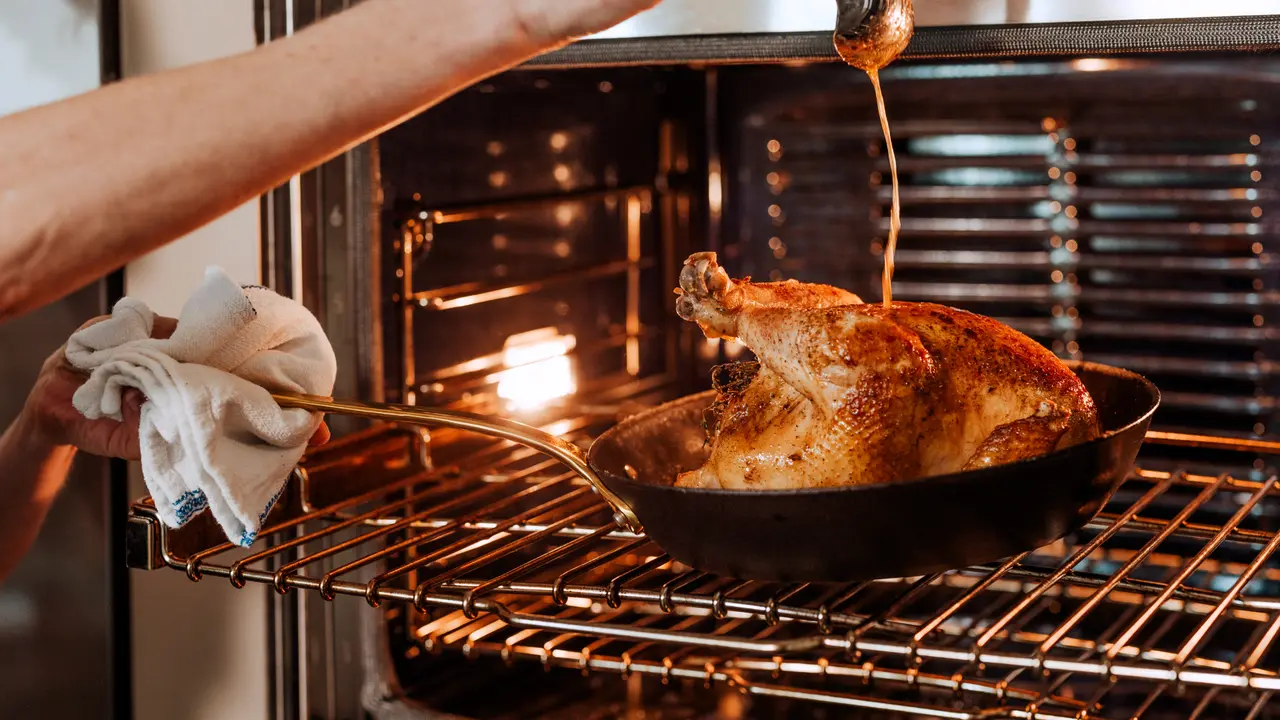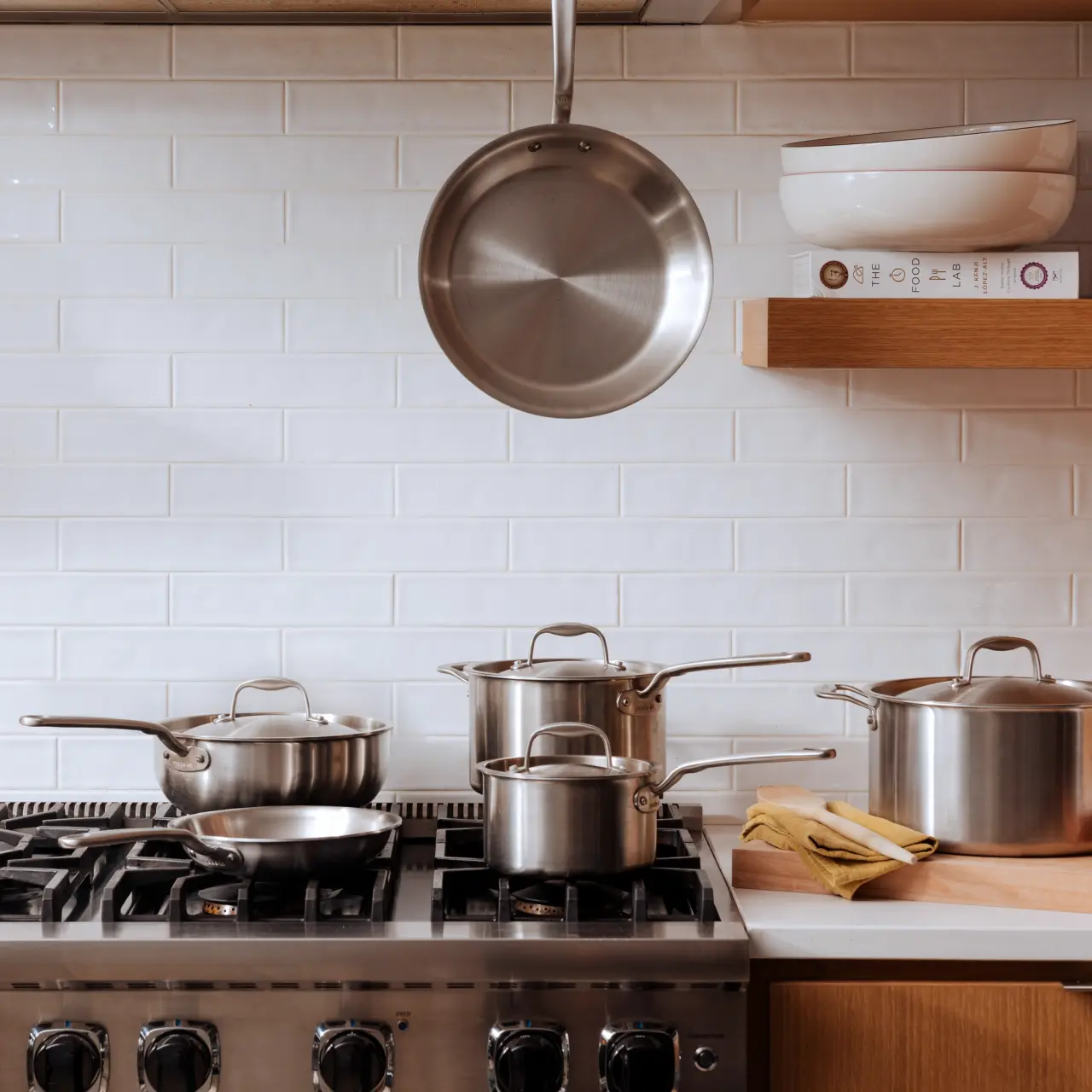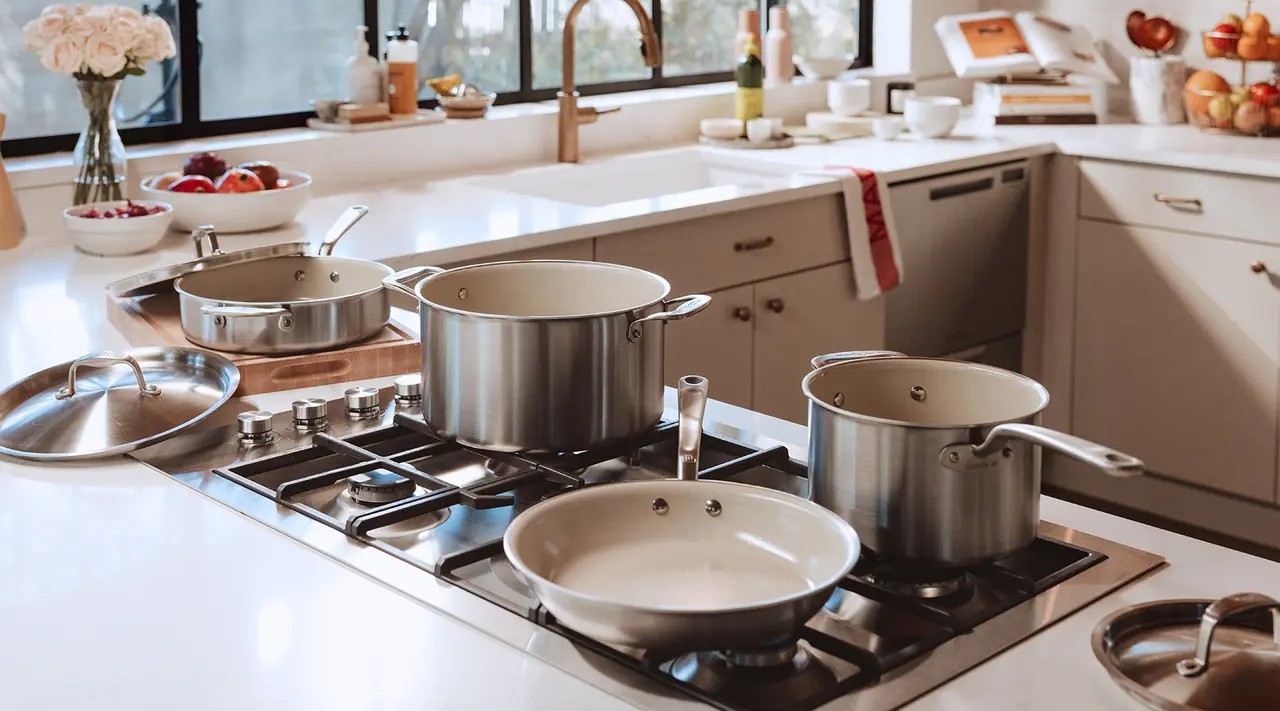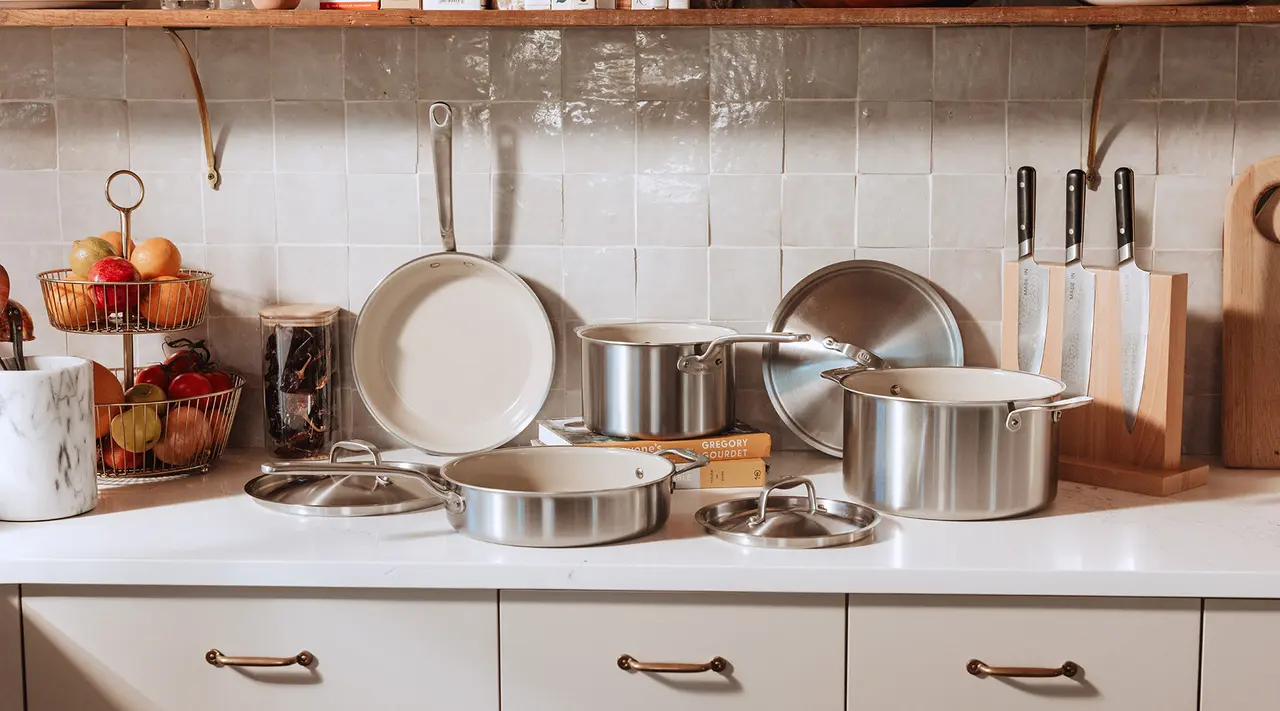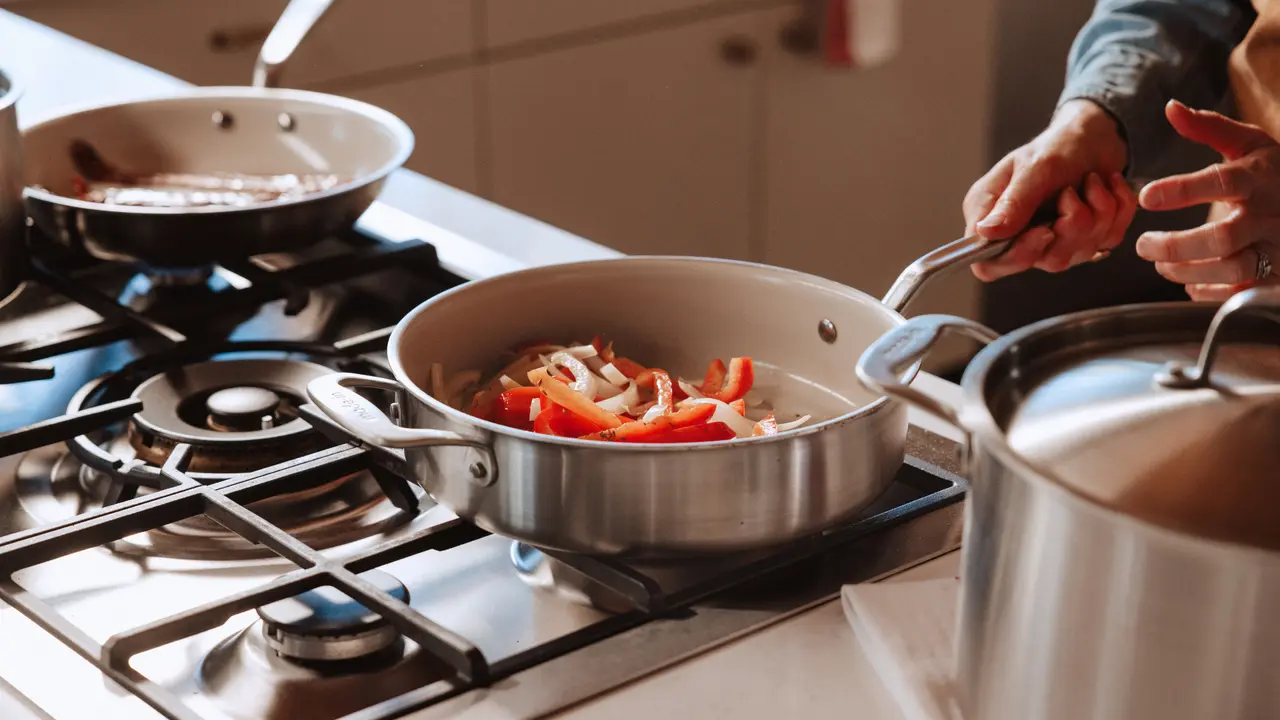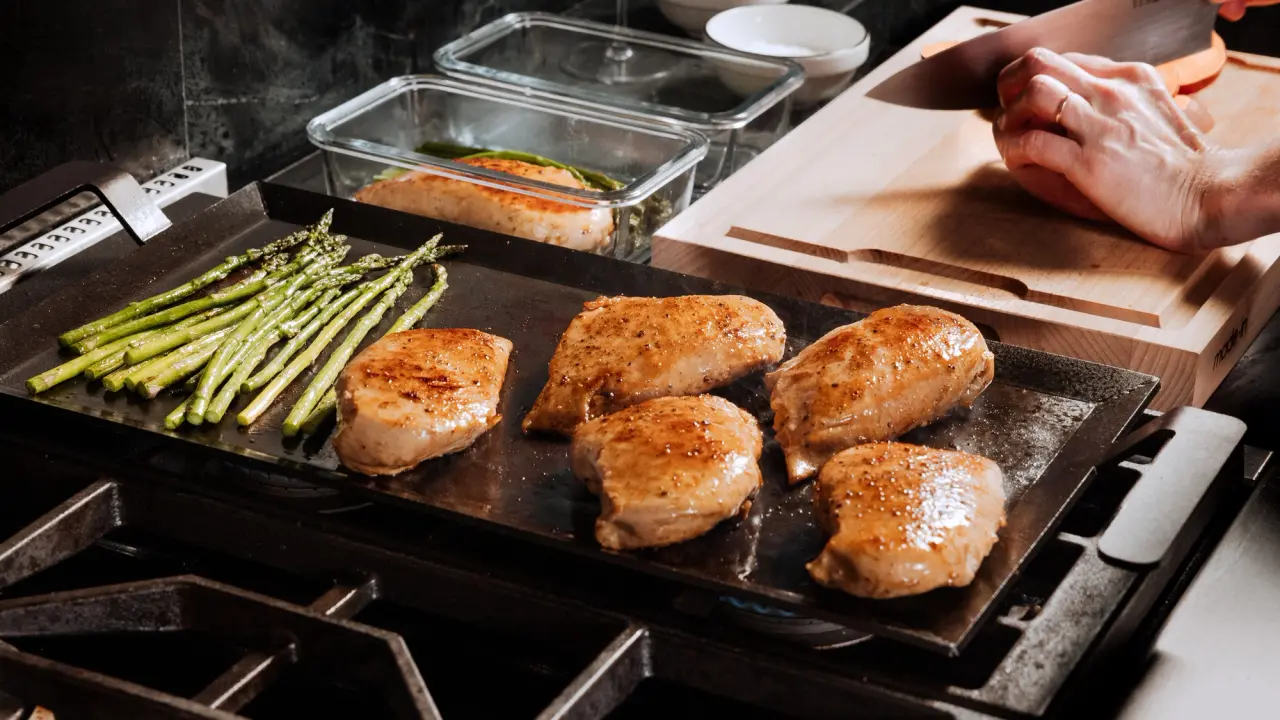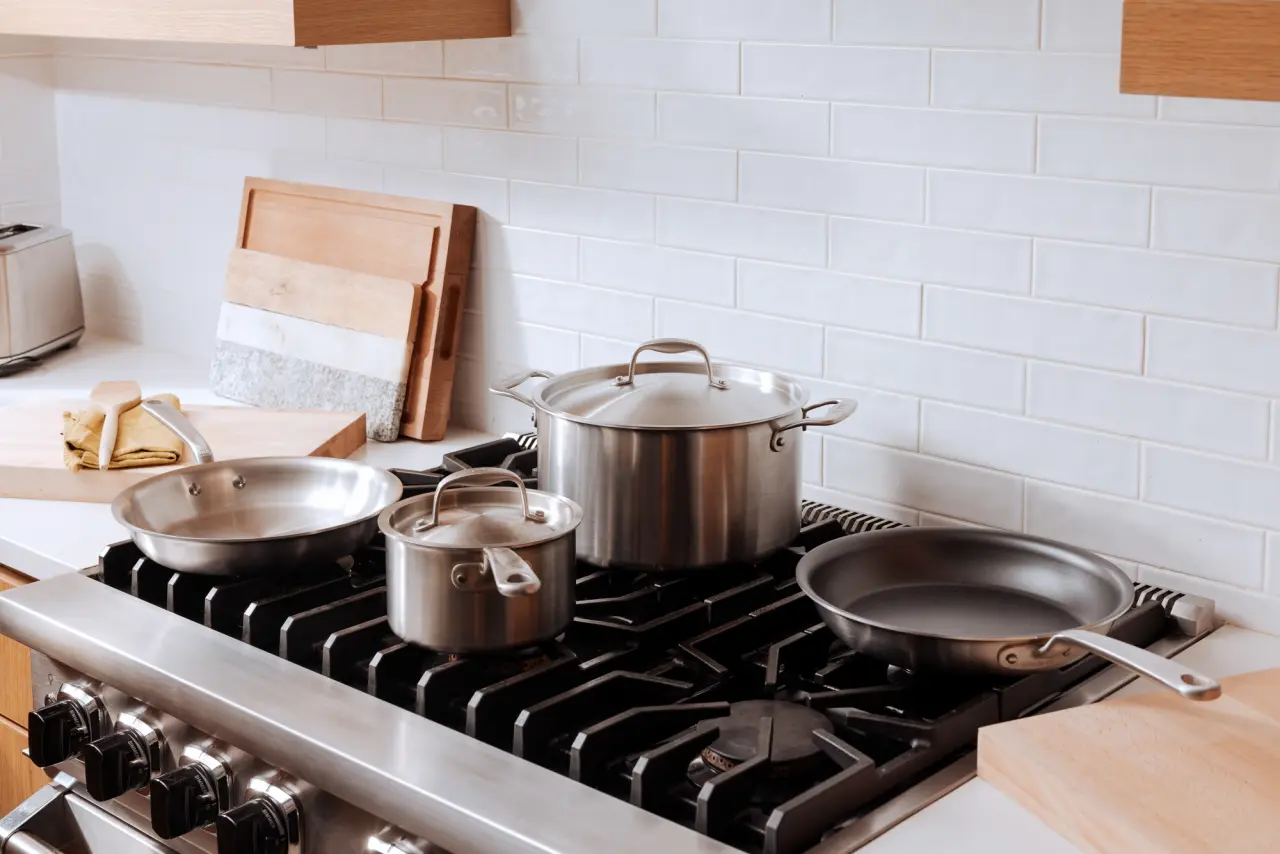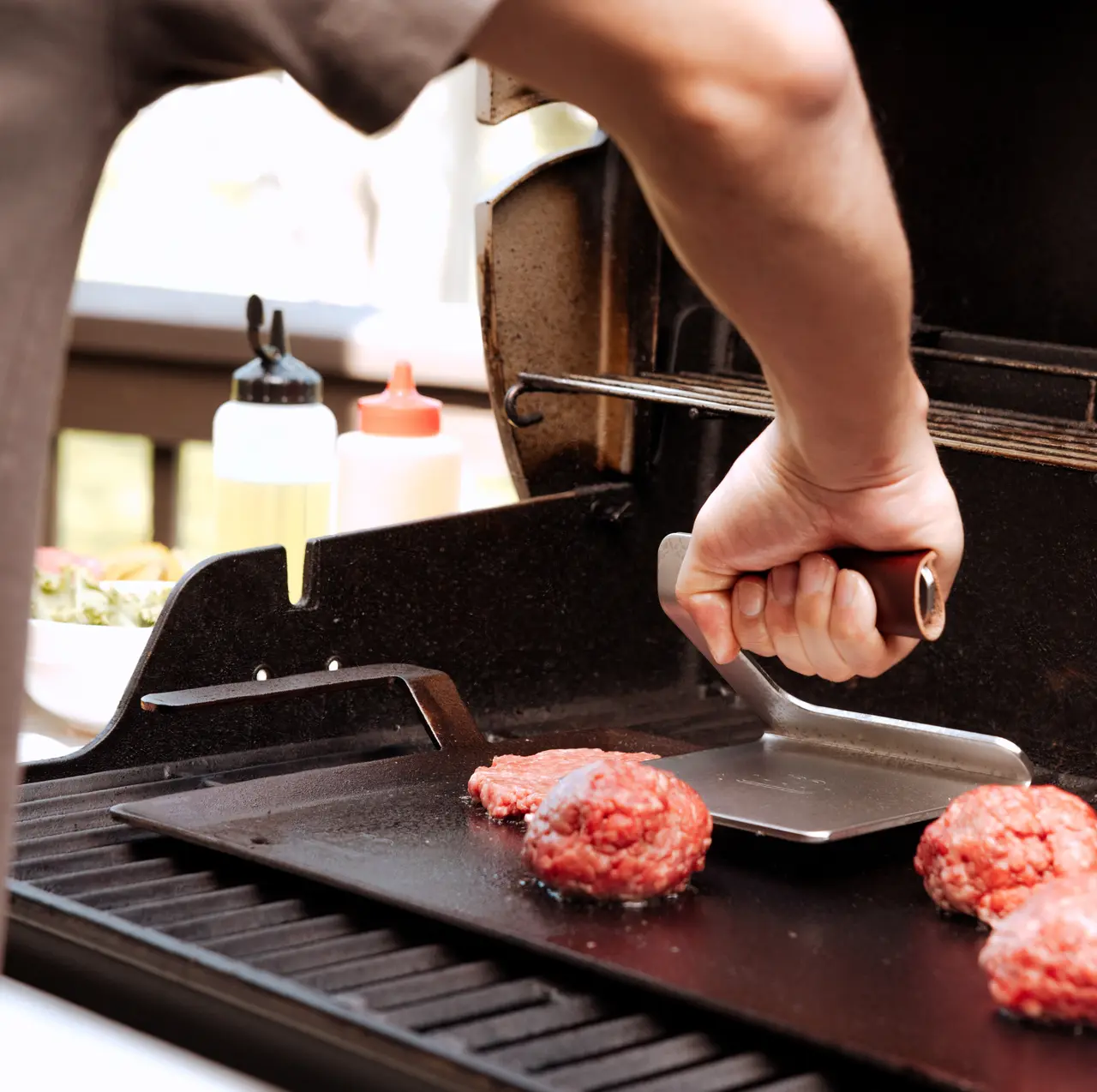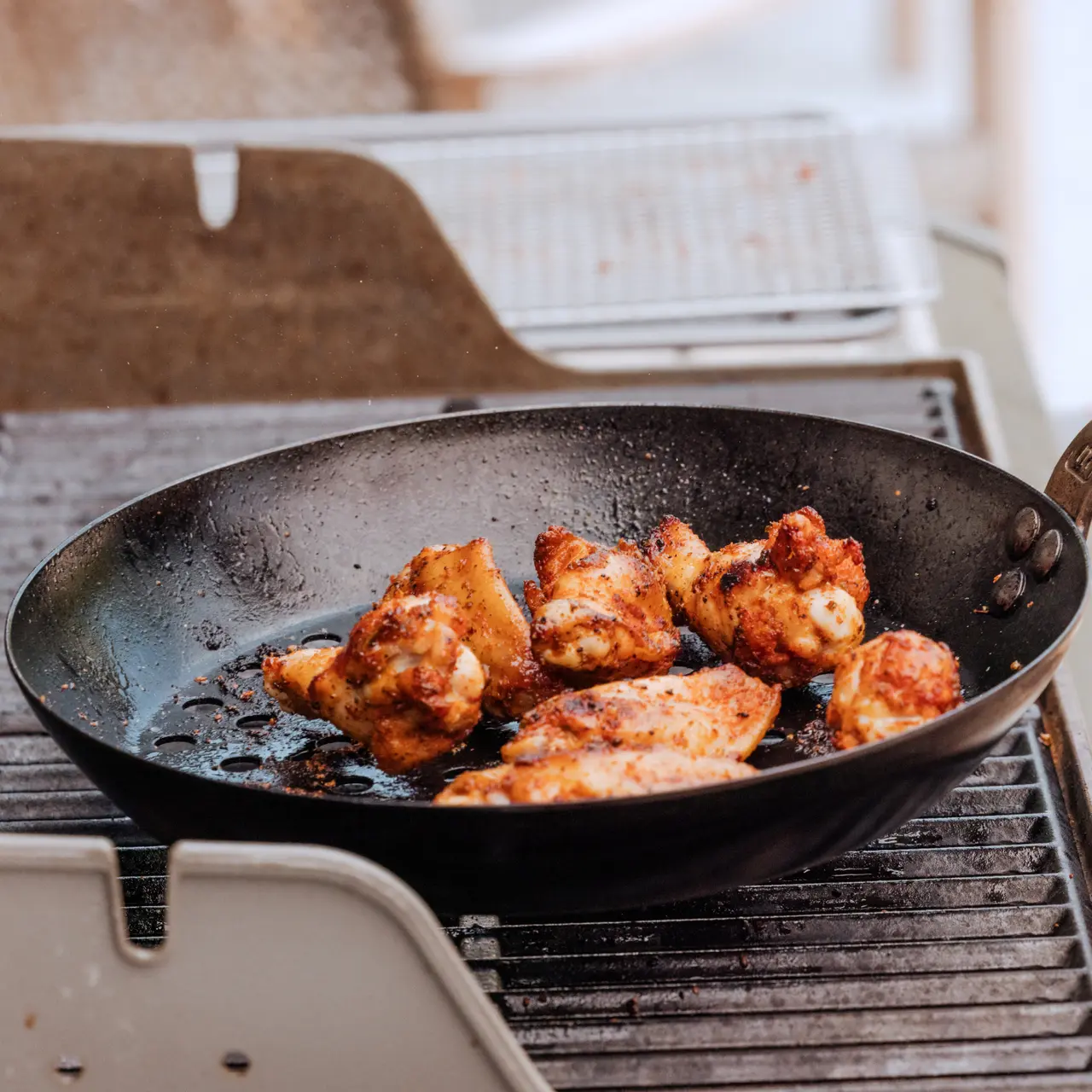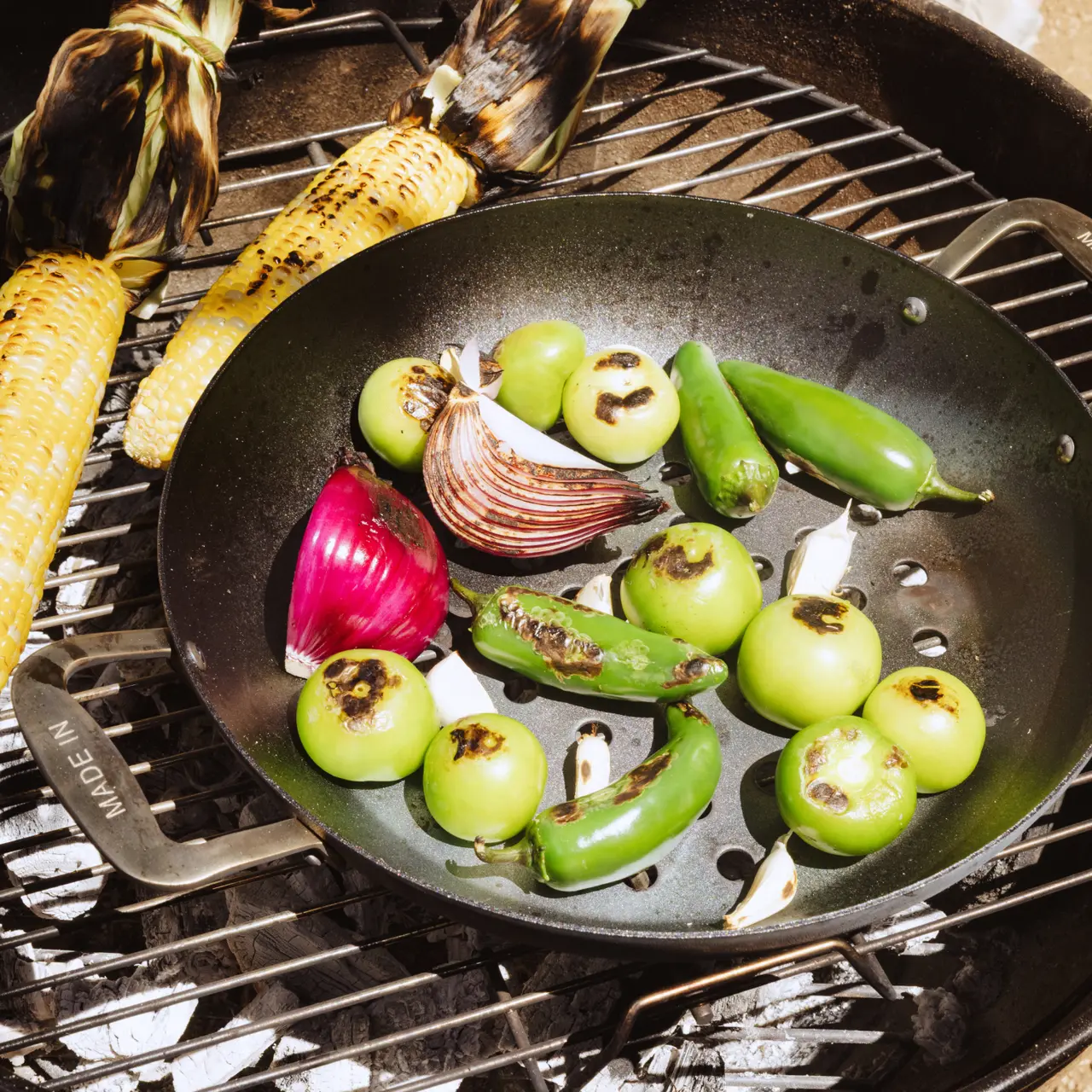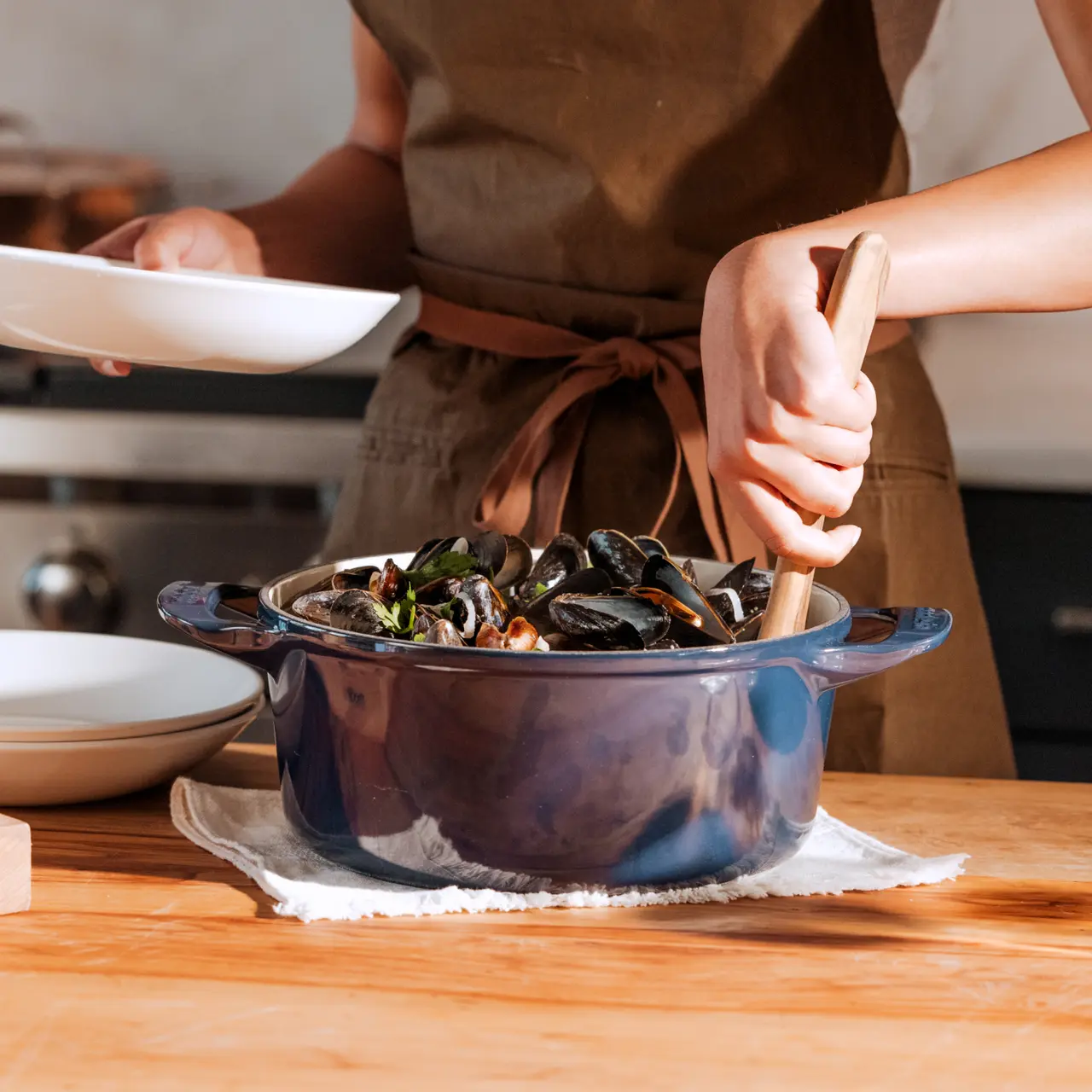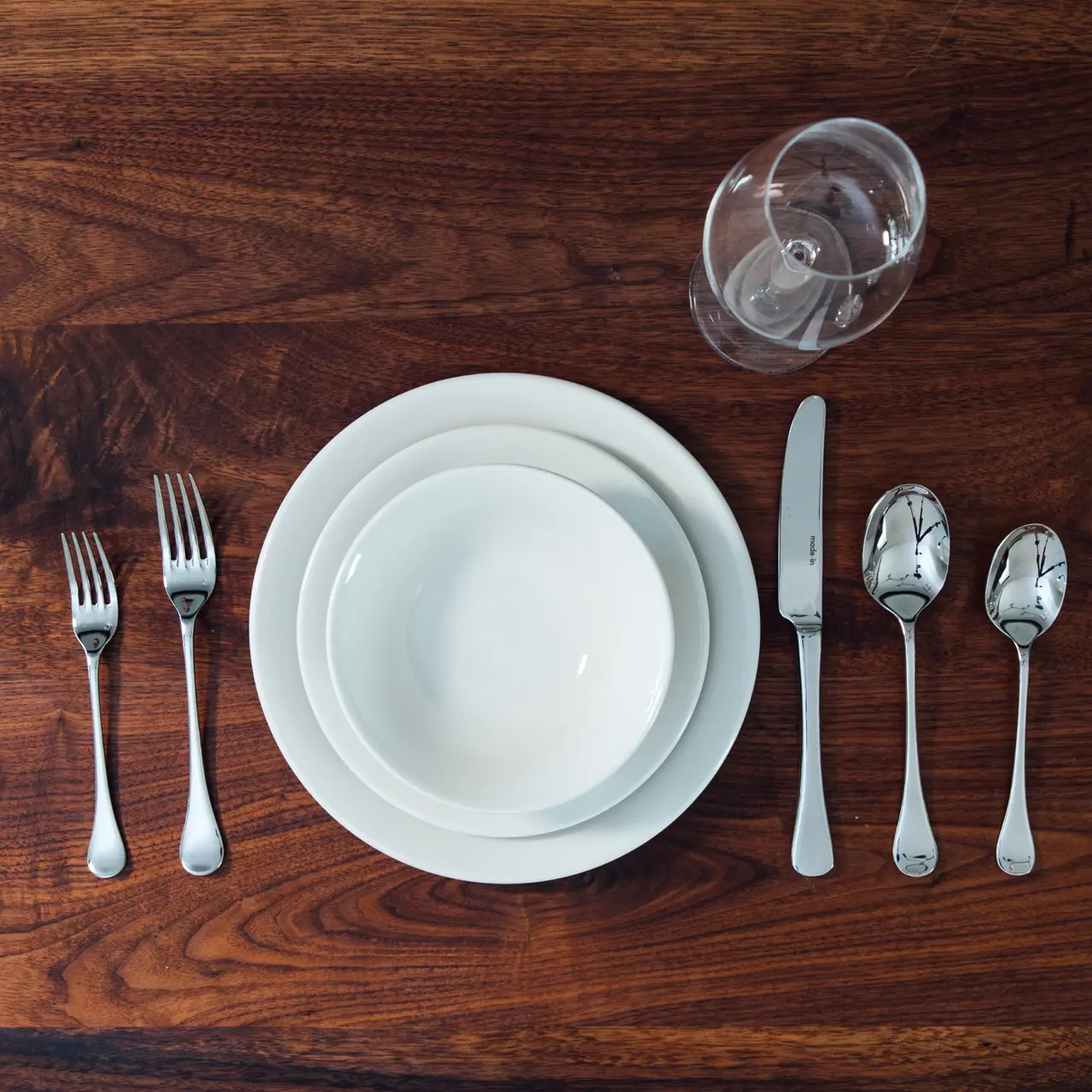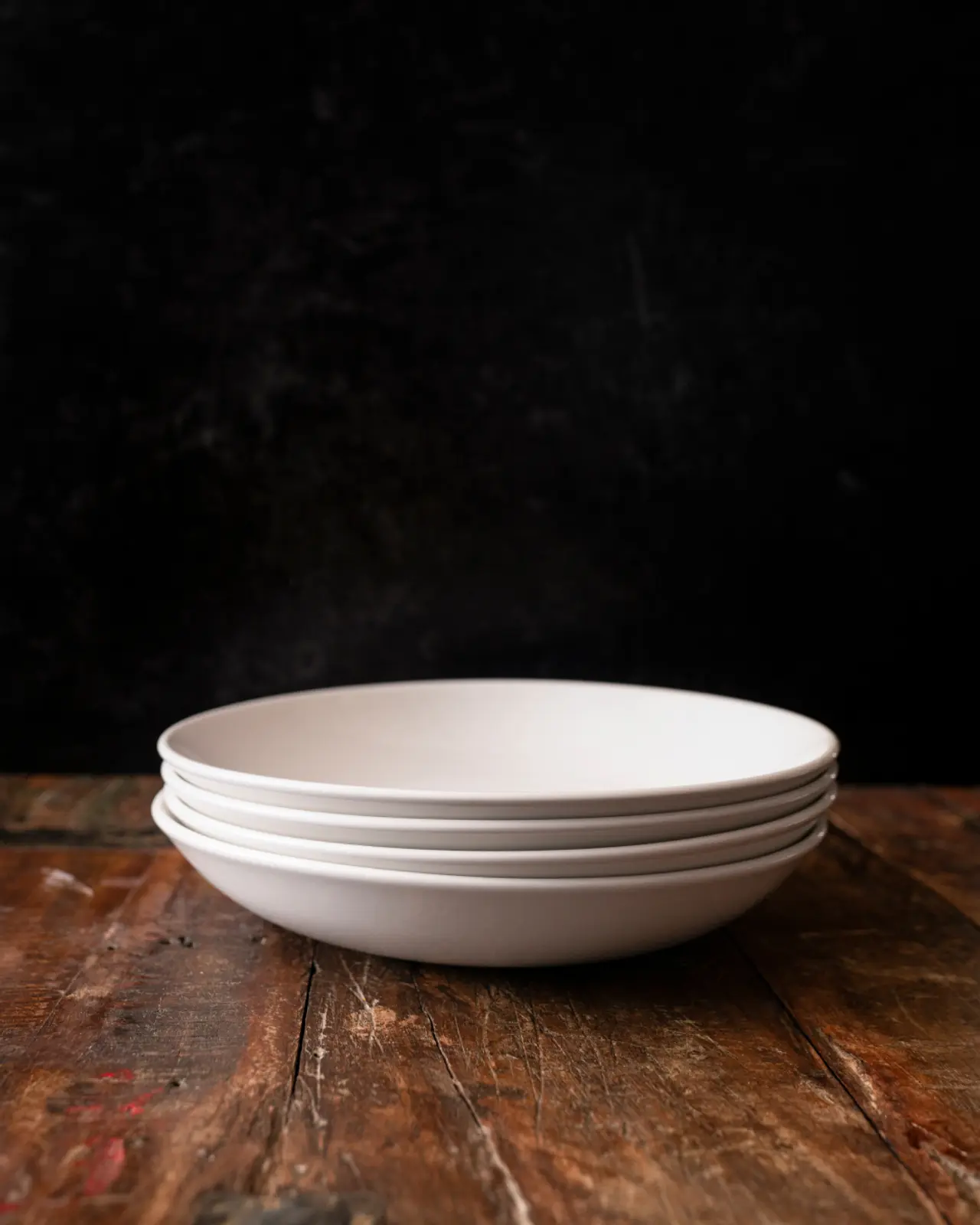From different types of steel to wide variances in knife-making processes, it can be hard to guarantee you're getting the high-quality knife you need. If only there was some sort of rating system so that professional chefs and home cooks can easily compare types of kitchen knives!
Enter the Rockwell Hardness Scale, which is a numerical rating used to determine the precise strength and sharpness of steel for knives. When looking for the best blade, this scale can tell you everything from which kitchen knife is made from harder steel to which offers a sharper cutting edge. Let's get into it.
What Is Rockwell Hardness?
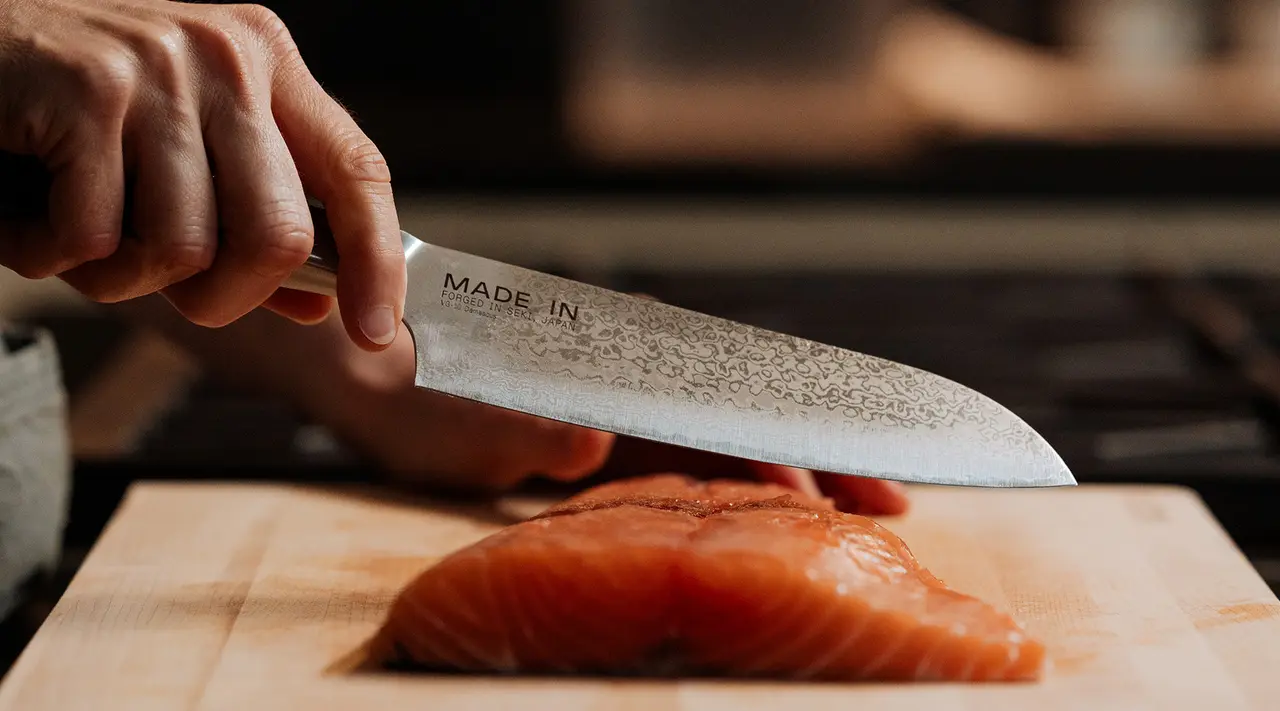
Today, the Rockwell Hardness Scale (also called the Rockwell Hardness Test) is the standard method used to measure and determine the strength and quality of a kitchen knife blade. Created by Stanley P. Rockwell in 1914 as a new way to measure the steel ball bearings manufactured at his company, the Rockwell Hardness Scale was eventually found to measure the strength of any type of metal, as well as non-metallic materials—including knives.
How Is it Measured?
The Rockwell Hardness Scale determines the hardness of a metal by measuring the depth of an indentation made after a conical diamond impacts a piece of metal. Diamond is the hardest natural substance on the planet, making it the perfect choice to use when testing for impact. The test is performed twice.
- During the first test, a minor amount of pressure is applied to the metal and the indention is measured.
- During the second test (in the exact same position), the pressure is then increased to about 300 pounds and the diamond-shaped indentation is measured again.
- The difference between the first indentation depth and the second indentation equals the hardness of the knife blade.
Since the hardness of steel does vary greatly based on the knife steel type used, many manufacturers offer a hardness range rather than an individual score (i.e. "58+" or "58-59").
But What Do Rockwell Score Ratings Mean?
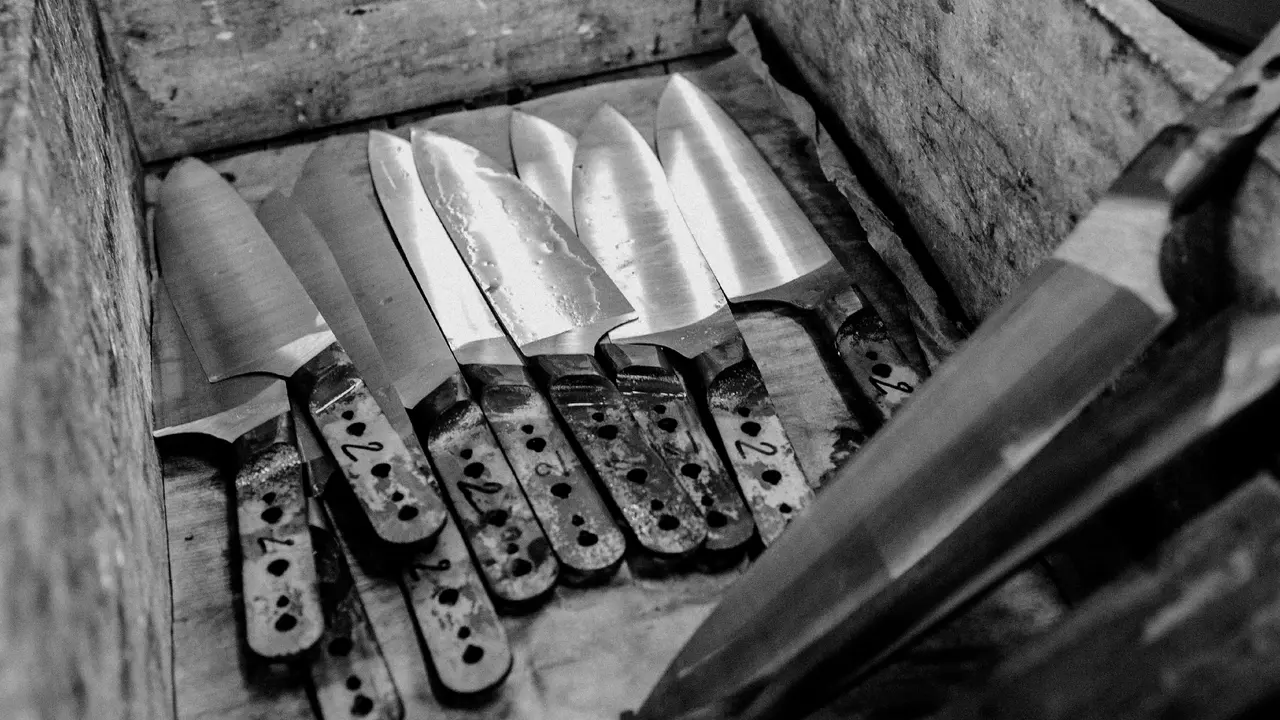
In summary, the number associated with the Rockwell Hardness Scale determines how hard the steel of a knife is. Softer steel is more durable but loses its sharpened edge faster, while harder steel stays sharp for longer but is more fragile and prone to chipping.
If you're just looking for what a Rockwell Score means, there you have it. If you want to get a little more granular, read on.
Interpreting Different Rockwell Scales
There are actually 30 different Rockwell scales that are used to determine the hardness of a kitchen knife. They all use a unique combination of testing variables, from different forces exerted on the steel to different materials used for indentation.
The Rockwell scale uses letters of the alphabet to denote different levels of ratings. The most important (and commonly used) Rockwell scale for measuring the steel of knives is the Rockwell C Scale (also called an "HRC score"), which measures the steel’s resistance to permanent distortion.
- An HRC score below 52 means that the knife blade is far too soft to be used as a kitchen knife.
- Stainless steel that has an HRC rating between 52-54 is considered to be somewhat soft, but could be used to make an inexpensive kitchen knife.
- The best rating for kitchen knives is an HRC score between 59 and 64. Any score above this would mean the knife blade is extremely brittle, which means that the blade could actually break while using it.
Professional chefs and home cooks alike will want to choose a kitchen knife that has an HRC rating of 55 or higher for best results. For reference, all Made In Knives have an HRC score of 58+.
Do HRC Ratings Actually Matter?

The rating can't mean that much—can it? (Spoiler alert: it can.) To demonstrate the differences between high and low HRC rated knives, we put together qualities you can expect of each.
Qualities of Knives With Low HRC Ratings
- Kitchen knives made with softer stainless steel are more durable.
- Knives with ratings in the low 50s will not hold its sharp edge as well as those with higher RC ratings, which will require more frequent sharpening.
- Knife blades with low RC scores are easier to hone or sharpen and require less specialized maintenance.
- A kitchen knife with an HRC in the 50s offers higher tensile strength, or the resistance a material exhibits to breaking under tension.
Qualities of High RC Rated Knives
- A kitchen knife made from harder steel is able to better maintain its sharp edge.
- Knives that are too "hard" are prone to being brittle and are more likely to break during use.
- Knives with RC scores over 65 tend to be more susceptible to damage and are less durable than their softer counterparts.
- Blades made with harder steel will take longer and more effort to sharpen.
Ready to Shop?
Because our French- and Japanese-made Knives all boast an HRC of 58+, you know you’ll be getting a strong and durable knife that’s still easy to sharpen and maintain. And now that you know more about the Rockwell Hardness Scale, you’re able to confidently shop for a kitchen knife that makes mincing, slicing, dicing, and prepping ingredients a breeze.



